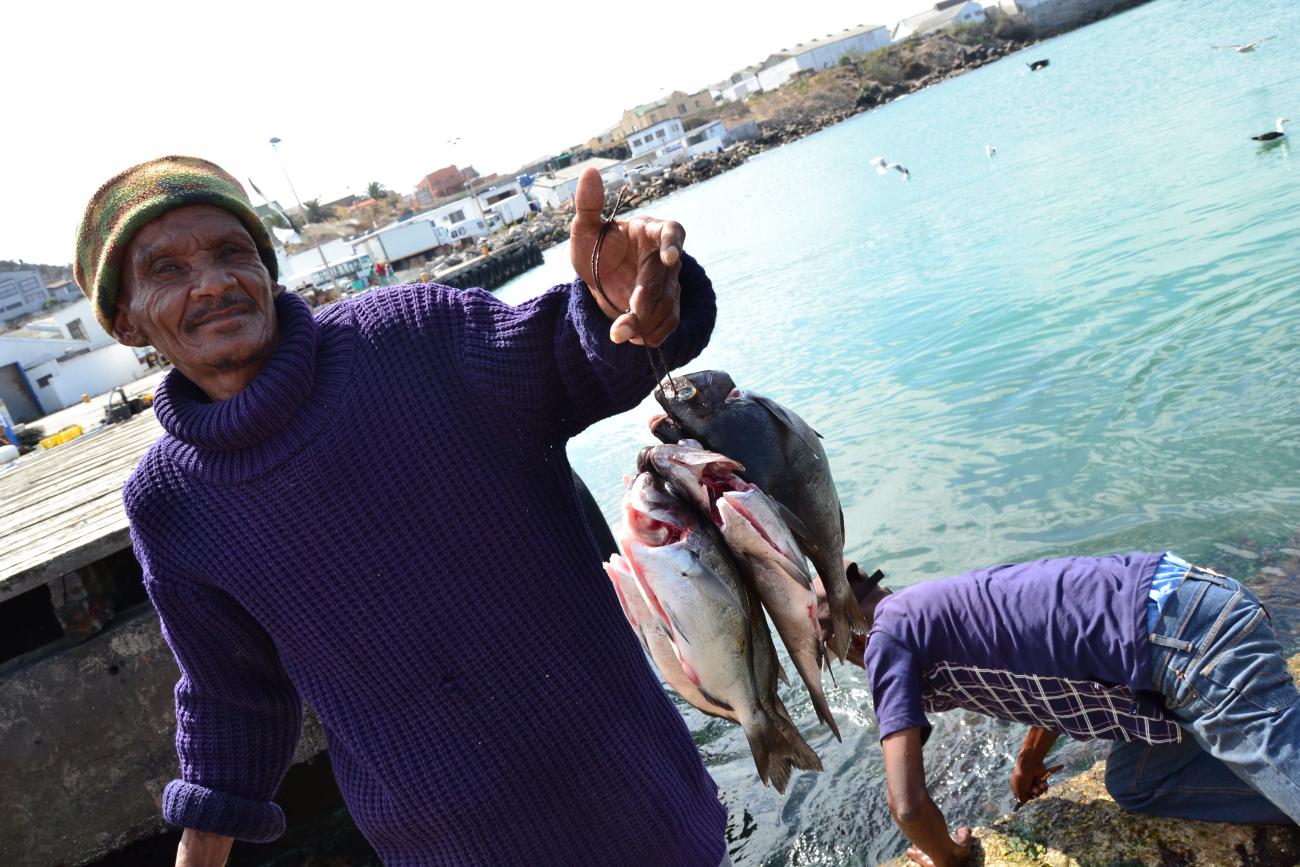
"Indigenous Peoples have the right to maintain, control, protect, and develop their cultural heritage, traditional knowledge, traditional cultural expressions, as well as the manifestations of their sciences, technologies and cultures, including human and genetic resources, seeds, medicines, knowledge of the properties of fauna and flora, oral traditions, literature's, designs, sports and traditional games and visual and performing arts. They also have the right to maintain, control, protect, and develop their intellectual property over such cultural heritage, traditional knowledge, and traditional cultural expressions."
United Nations Declaration On the Rights Of Indigenous Peoples, Article 31.
Many Indigenous Voices, One Message: Traditional Knowledge Protects Mother Earth!
We are living in a time of crisis. Scientists, farmers, Indigenous Peoples, and even the United Nations all agree that humanity’s impact on the world’s ecosystems and natural resources has brought us to a turning point. If there is no intervention, the planet faces the mass extinction of up to 1 million plant and animal species due to pollution, habitat loss, and climate change.
This program consists of commentary from Indigenous leaders such as Les Malezer, advocate for the rights of Aboriginal and Torres Strait Islander Peoples of Australia; LaDonna Brave Bull Allard, Lakota historian; and Ben Ruli from the Gimi people of Papua New Guinea.
Elifuraha Laltaika on Traditional Knowledge
How important is it that traditional knowledge is protected, and also passed on from one generation to the next?
How important is it that traditional knowledge is passed down in the language from which that knowledge originates?
Cultural Survival’s Dev Kumar Sunuwar met Elifuraha Laltaika, a member of the United Nations Permanent Forum on Indigenous Issues.
They spoke in the corridors of the United Nations headquarters in New York…
Victoria Tauli-Corpuz on Traditional Knowledge
The 18th session of the United Nations Permanent Forum on Indigenous Issues was held from April 22nd to May 3rd 2019. The theme for this year was Traditional Knowledge: Generation, Transmission and Protection.
We got a chance to speak via Skype to the United Nations Special Rapporteur on the Rights of Indigenous Peoples, Victoria Tauli-Corpuz, on the meaning behind this particular theme and why it was chosen.
Indigenous Science is Lifesaving
Though collaboration is crucial to finding solutions for climate change, Indigenous People must be able to maintain, protect, and control their cultural heritage, sciences, and technologies. The UN Declaration on the Rights of Indigenous Peoples provides a legal framework for intellectual ownership by Indigenous communities of their traditional knowledge. However, many additional cultural barriers to equal-footed climate change collaboration exist, such as the automatic devaluation of Indigenous science by Western science practitioners.
Cultural Survival Global News Bulletin 002 August 2019
An update on current events from around the world on the topic of Indigenous Rights.
Photo: A fisherman displays his catch, Saldanha Bay, South Africa. Photo by Shaldon Ferris.








